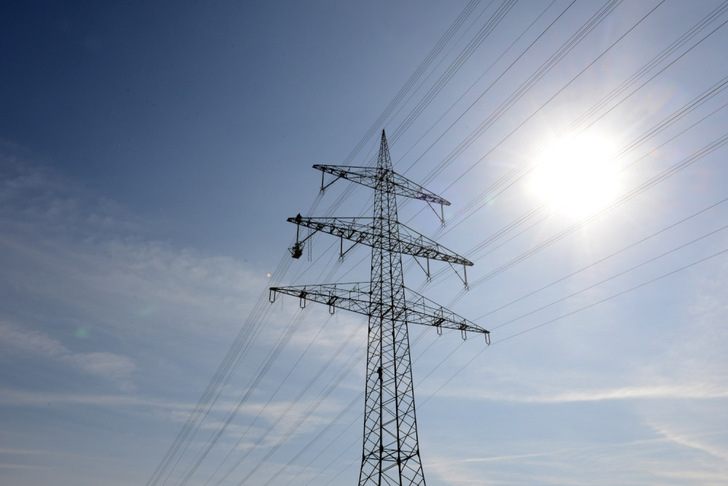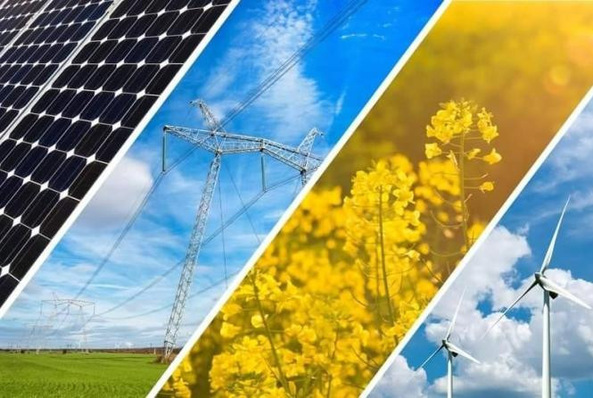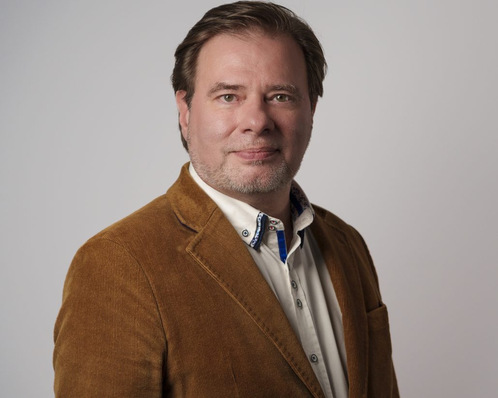Europe’s electricity grid is undergoing a massive transformation driven by ambitious decarbonisation. A new power system is emerging from the traditional transmission-heavy model where small-scale renewables, electric vehicles and heat pumps connect directly to the distribution level.
To enable this evolution, distribution system operators (DSOs) must expand, modernise and digitalise the grid. Eurelectric conducted a study to assess the digital maturity of European DSOs. Digitalisation can largely improve efficiency when building, operating and maintaining the electricity grid, but several bottlenecks hamper its full potential.
„Grid operators must be supported by clear regulation“
Today, DSOs are required to ensure a reliable power supply, accommodate grid connections and secure data flows for customer privacy and cyber security. Yet, Europe’s grid expansion rate is falling behind the demand for new customer connections.
Current infrastructure and technology systems are often decades old and not fully equipped to make use of the countless data points added to the grid system. Flexibility management is also not mature enough to cope with future needs.
Meanwhile, a higher share of renewables entails more grid planning and better forecasting due to their variable and decentralised nature. Considering renewables will constitute 42.5% of Europe’s final energy use by 2030, digital-ready infrastructure is a critical pre-requisite.
“There are many opportunities today to digitalise grid build-out, operations and maintenance, but to fully leverage them, grid operators must be supported by clear regulation to make their business go digital” – says Eurelectric’s Secretary General, Kristian Ruby.
Regulation identified as the largest external challenge
As part of the Wired for Tomorrow study, a survey was conducted with thirty European DSOs. Regulation was identified as the largest external challenge to a digitalised grid, followed by skills shortage. On the contrary, where regulation was clear and supportive of investments, such as in cybersecurity, digital maturity was highest across DSOs.
National regulators should encourage digitalisation investments by ensuring appropriate compensation for DSOs. In parallel, the new legislation introduced under the twin green and digital transitions – from the Electricity Market Design, to the Renewable Energy Directive, the Data and AI Act – must be coherently implemented across sectors, avoiding overlaps and inconsistencies.
See also: Double investments in power distribution or lose race to net-zero
Lastly, a digitalised power system can only succeed with a skilled workforce able to operate it. The EU can help bridge the current skill gap by formalising education, developing skills initiatives and introducing certification recognised across the EU, Eurelectric demands. (hcn)








